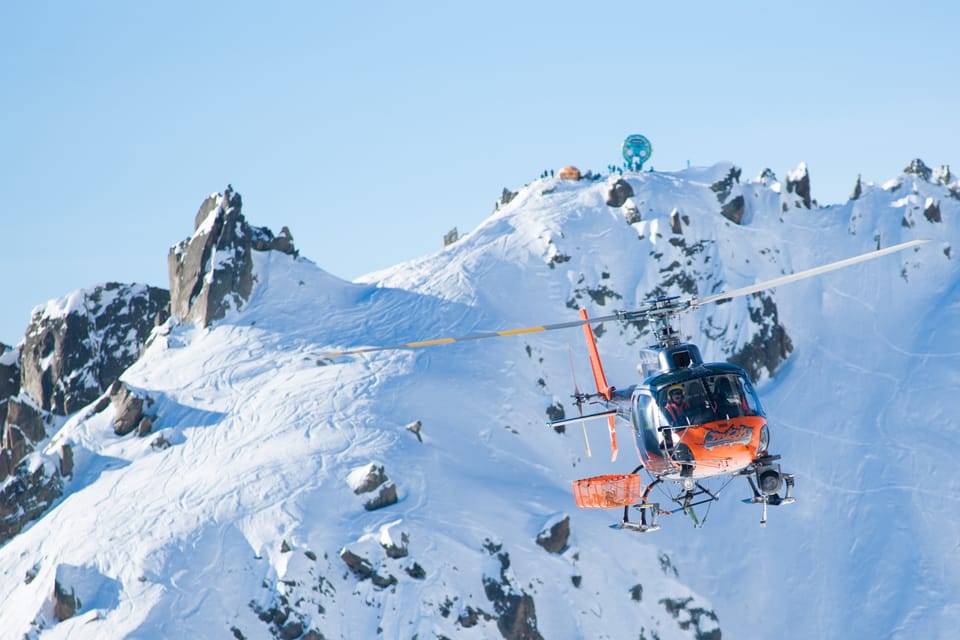SkiStar Aims To Be Ski Industry Leader in Battle Against Climate Change

The Scandinavian SkiStar group which runs an number of Norway and Sweden’s leading resorts, including in Sälen, Åre, Hemsedal and Trysil has set ambitious climate goals for 2030 for itself. It wants to reduce total emissions by 50% and to be completely climate neutral in the operation of the mountain facilities.
To ensure that efforts to reduce climate impacts are sufficient, climate targets have been developed to meet the objectives of the Paris Agreement, with clear scientific goals.
To that end SkiStar are using SBTi methodology to set their targets and measure their success. SBTi stands for Science Based Targets initiative and is a globally recognised organisation that promotes and supports companies to set science-based targets to reduce their greenhouse gas emissions and combat climate change. SBTi was founded in 2015 by the UN Global Compact, WWF among others.
SkiStar AB commits to reduce absolute greenhouse gas emissions by 57.2% by the financial year 2030/2031 from the financial year 2020/2021 as a base year. This will mean that emissions from SkiStar’s own operations will be closer to zero emissions.
Furthermore, SkiStar has also included a voluntary target for SkiStar’s guests’ travel to their destinations, the company says, one of the biggest contributors to climate change from the ski industry.
“I strongly believe in the importance of driving our company towards a sustainable future, with many representatives from the business community today working together to reduce our impact on the climate. By joining the Science Based Targets initiative (SBTi) and setting science-based targets to reduce our emissions, we are taking a concrete step towards fighting climate change. We strive to be a role model in our industry by reducing our environmental impact and creating a positive change for our guests, which also builds internal pride,” says Stefan Sjöstrand, President and CEO of SkiStar AB.
SkiStar already buys 100% renewable electricity and other initiatives include introducing renewable diesel (HVO100) in all snow groomers; reducing emissions by 67%, doubling the number of charging points for electric cars in all destinations; purchasing the first electric snow groomer, which is now in operation in Sälen and purchasing 150 of the world’s first mass-produced electric snowmobiles, which will reduce emissions by 230 tons of CO2 over a winter season, equivalent to 11% of SkiStar’s total direct emissions from its entire operations.




